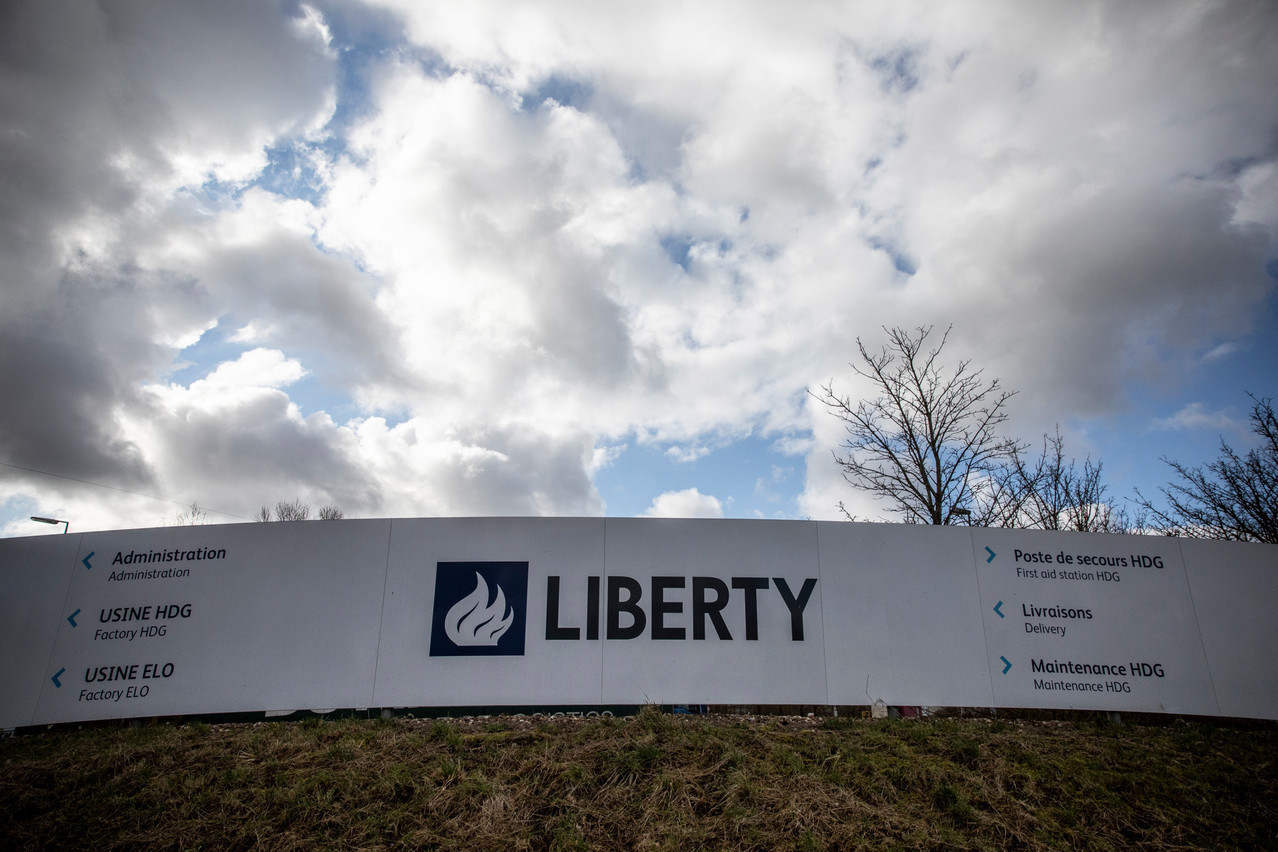Neither the local management nor the company’s lawyers were present at the Luxembourg Commercial Court at 9am on Friday 29 November. However, Liberty Liège-Dudelange and its Luxembourg site were declared bankrupt after the management admitted that it was in suspension of payments. Olivier Wagner was appointed receiver in front of a few journalists and the LCGB union’s deputy general secretary, Robert Fornieri, who had made the trip.
“The most urgent matter is the employees, who are entitled to their back pay for October and November,” commented Wagner as he left the court. “They will be entitled to their severance pay under the Labour Code, which corresponds to the month of the bankruptcy, the subsequent month, i.e., December, and half the notice period to which they would have been entitled in the event of conventional dismissal.”
A recovery to avoid the real state of bankruptcy
“Everything will be checked by me under the supervision of the supervisory judge, the files will then be sent to the employment administration. We must wait for the date of verification of the claims, which is set in the judgment for January 17, for it to be ratified and sent to Adem,” continued the new receiver. But since employees cannot wait several weeks without pay, the unions will try to find an accelerated procedure to release certain amounts.

Olivier Wagner was appointed as trustee following the admission of bankruptcy of Liberty Steel in Dudelange, Friday 29 November, at the commercial court. Photo: Ioanna Schimizzi/Paperjam
“Contacts have already been made with the ministries. For us, the most important thing is the situation of the 147 employees and their salaries, there is still a long time to go before a single euro arrives in the employees’ bank accounts. The ministry of labour must help us, as it promised us this week [labour minister (CSV), as well as representatives of the economy ministry, met with the OGBL and the LCGB on Monday 25 November, editor’s note],” said Fornieri.
“We will have to react very quickly and quickly get in touch with the receiver. We could perhaps be heading towards an unfinished bankruptcy if buyers act in the meantime to transfer the employment contracts to new ones. Because if we really enter a state of bankruptcy, employment contracts and activity cease, and this is a danger for the installation, especially in winter. This would make any possible recovery difficult,” added the deputy general secretary of the LCGB.
This article was originally published in .
